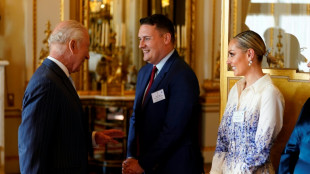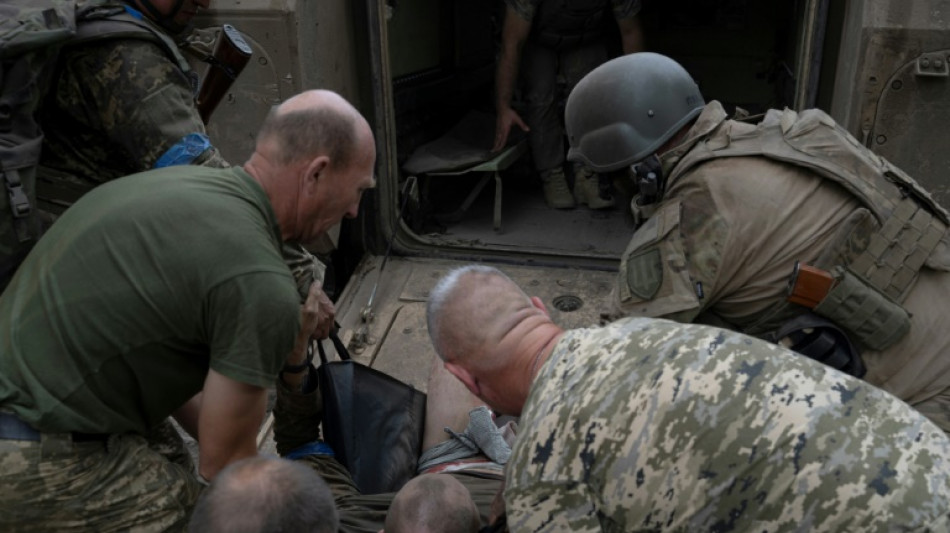
-
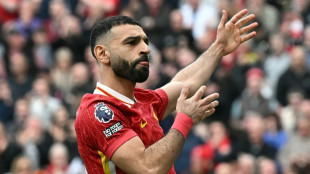 Salah on Liverpool bench for Brighton match
Salah on Liverpool bench for Brighton match
-
Meillard leads Swiss sweep in Val d'Isere giant slalom
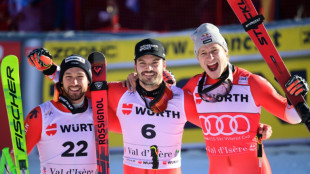
-
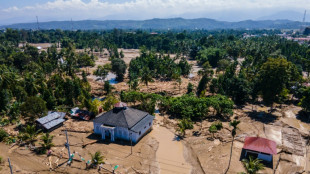 Indonesia flood death toll passes 1,000 as authorities ramp up aid
Indonesia flood death toll passes 1,000 as authorities ramp up aid
-
Cambodia shuts Thailand border crossings over deadly fighting
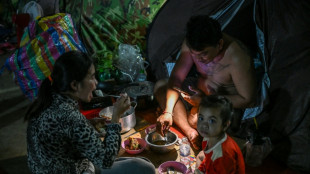
-
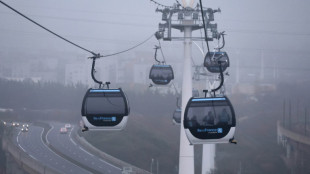 First urban cable car unveiled outside Paris
First urban cable car unveiled outside Paris
-
Vonn second behind Aicher in World Cup downhill at St Moritz

-
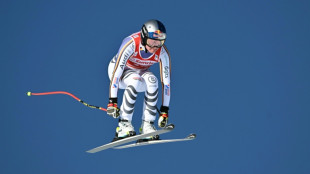 Aicher pips Vonn to downhill win at St Moritz
Aicher pips Vonn to downhill win at St Moritz
-
Thailand says 4 soldiers killed in Cambodia conflict, denies Trump truce claim
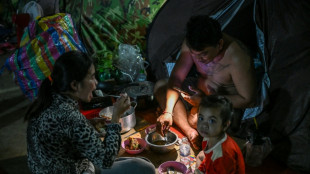
-
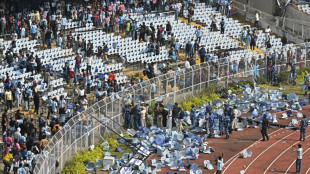 Fans vandalise India stadium after Messi's abrupt exit
Fans vandalise India stadium after Messi's abrupt exit
-
Women sommeliers are cracking male-dominated wine world open

-
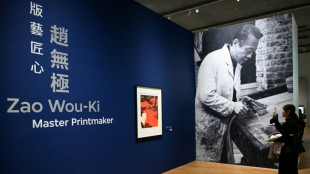 Exhibition of Franco-Chinese print master Zao Wou-Ki opens in Hong Kong
Exhibition of Franco-Chinese print master Zao Wou-Ki opens in Hong Kong
-
Myanmar junta denies killing civilians in hospital strike
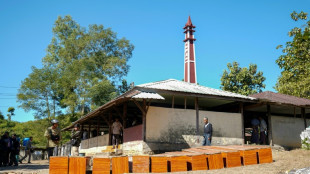
-
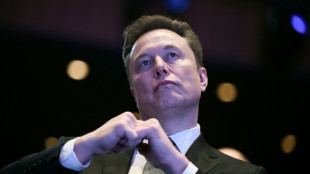 Why SpaceX IPO plan is generating so much buzz
Why SpaceX IPO plan is generating so much buzz
-
Thailand continues Cambodia strikes despite Trump truce calls

-
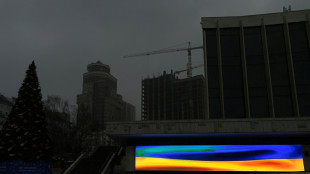 US envoy to meet Zelensky, Europe leaders in Berlin this weekend
US envoy to meet Zelensky, Europe leaders in Berlin this weekend
-
North Korea acknowledges its troops cleared mines for Russia
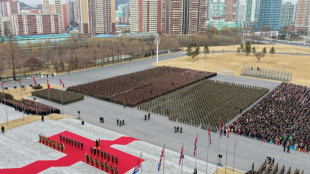
-
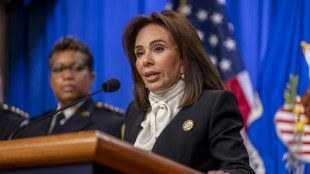 US unseals warrant for tanker seized off Venezuelan coast
US unseals warrant for tanker seized off Venezuelan coast
-
Cambodia says Thailand still bombing hours after Trump truce call
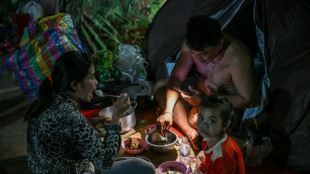
-
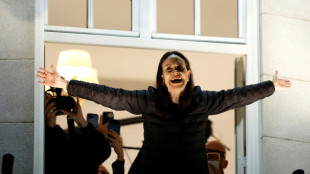 Machado urges pressure so Maduro understands 'he has to go'
Machado urges pressure so Maduro understands 'he has to go'
-
Best Gold Investment Companies in USA Announced (Augusta Precious Metals, Lear Capital, Robinhood IRA and More Ranked)

-
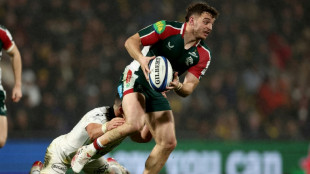 Leinster stutter before beating Leicester in Champions Cup
Leinster stutter before beating Leicester in Champions Cup
-
World stocks mostly slide, consolidating Fed-fuelled gains
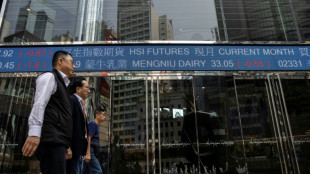
-
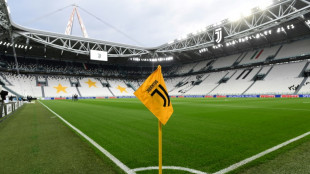 Crypto firm Tether bids for Juventus, is quickly rebuffed
Crypto firm Tether bids for Juventus, is quickly rebuffed
-
Union sink second-placed Leipzig to climb in Bundesliga
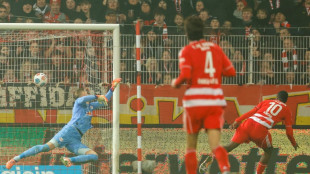
-
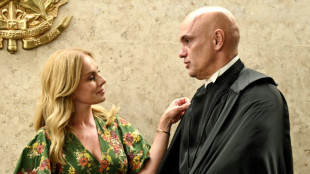 US Treasury lifts sanctions on Brazil Supreme Court justice
US Treasury lifts sanctions on Brazil Supreme Court justice
-
UK king shares 'good news' that cancer treatment will be reduced in 2026
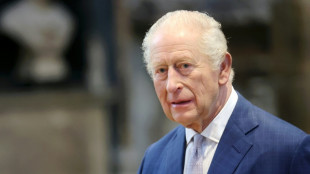
-
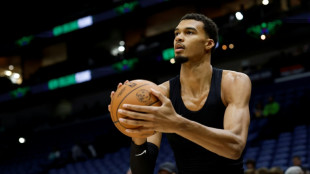 Wembanyama expected to return for Spurs in NBA Cup clash with Thunder
Wembanyama expected to return for Spurs in NBA Cup clash with Thunder
-
Five takeaways from Luigi Mangione evidence hearings
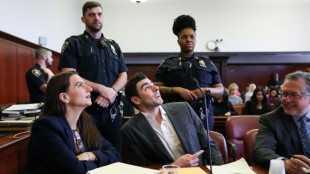
-
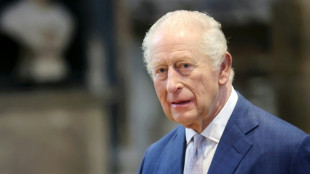 UK's king shares 'good news' that cancer treatment will be reduced in 2026
UK's king shares 'good news' that cancer treatment will be reduced in 2026
-
Steelers' Watt undergoes surgery to repair collapsed lung

-
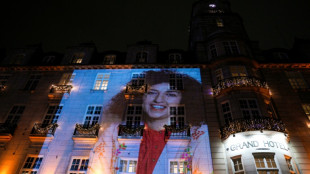 Iran detains Nobel-prize winner in 'brutal' arrest
Iran detains Nobel-prize winner in 'brutal' arrest
-
NBA Cup goes from 'outside the box' idea to smash hit
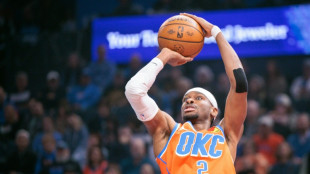
-
 UK health service battles 'super flu' outbreak
UK health service battles 'super flu' outbreak
-
Can Venezuela survive US targeting its oil tankers?
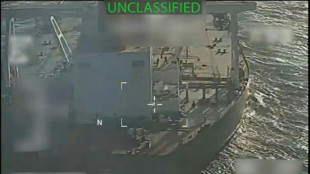
-
 Democrats release new cache of Epstein photos
Democrats release new cache of Epstein photos
-
Colombia's ELN guerrillas place communities in lockdown citing Trump 'intervention' threats
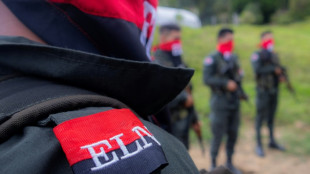
-
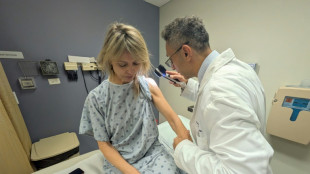 'Don't use them': Tanning beds triple skin cancer risk, study finds
'Don't use them': Tanning beds triple skin cancer risk, study finds
-
Nancy aims to restore Celtic faith with Scottish League Cup final win
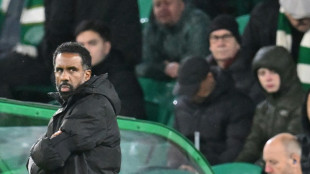
-
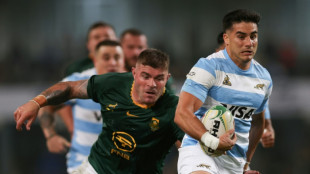 Argentina fly-half Albornoz signs for Toulon until 2030
Argentina fly-half Albornoz signs for Toulon until 2030
-
Trump says Thailand, Cambodia have agreed to stop border clashes
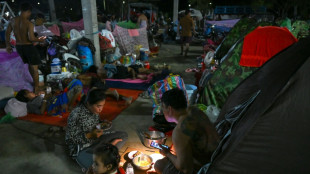
-
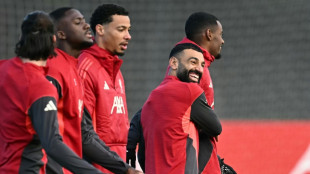 Salah in Liverpool squad for Brighton after Slot talks - reports
Salah in Liverpool squad for Brighton after Slot talks - reports
-
Marseille coach tips Greenwood as 'potential Ballon d'Or'

-
 Draw marks 'starting gun' toward 2026 World Cup, Vancouver says
Draw marks 'starting gun' toward 2026 World Cup, Vancouver says
-
Thai PM says asked Trump to press Cambodia on border truce

-
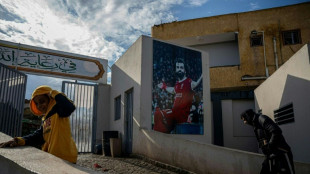 Salah admired from afar in his Egypt home village as club tensions swirl
Salah admired from afar in his Egypt home village as club tensions swirl
-
World stocks retrench, consolidating Fed-fuelled gains
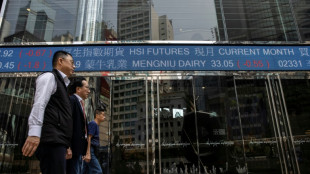
-
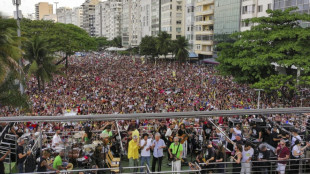 Brazil left calls protests over bid to cut Bolsonaro jail time
Brazil left calls protests over bid to cut Bolsonaro jail time
-
Trump attack on Europe migration 'disaster' masks toughening policies
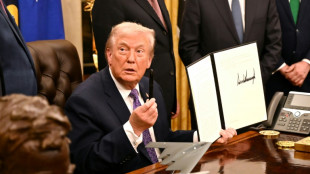
-
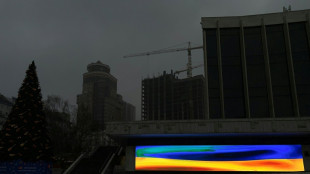 US plan sees Ukraine joining EU in 2027, official tells AFP
US plan sees Ukraine joining EU in 2027, official tells AFP
-
'Chilling effect': Israel reforms raise press freedom fears
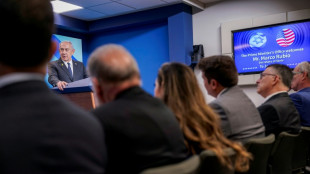

Blood and fears: The military medics of Bakhmut
The armoured evacuation vehicle screeched to a halt to the sound of artillery fire and unloaded a group of reconnaissance soldiers whose mission went bad in Bakhmut.
Some lost their balance stumbling over the doorstep of a shelled-out building posing as the closest field hospital to the flaming front.
Their worn uniforms were torn open to expose wounds or help the dirt-covered men breathe. A few leaned against their rifles or slid to the ground with their backs against the wall.
None said how many friends they had just lost on the killing fields of Ukraine's brutal battle in Bakhmut.
Their unit was probing the Russian defences when it was detected and exposed. Enemy tanks opened fire at point-blank range.
The concussed soldiers waved their arms and swore while reliving the ensuing chaos as they waited for their medical assessment tests.
A team of medics -- some still in slippers -- silently pulled out shrapnel from the wounded as more soldiers were stretchered in.
The intensity of the medics' shift is a window into the mounting emotional and physical toll for Ukraine's medical staff who have played a vital but behind-the-scenes role for 17 months of Russia's full-scale invasion.
"I have reasons to exact revenge on the Russians," surgeon Kirilo Orlov said after saving one of the troops.
"I mean real revenge. I have lost too many acquaintances and friends," the 40-year-old said.
- Jitters and shock -
Orlov's field hospital stands in a ghost town whose ground is a tangle of debris and whose air shakes from incessant blasts.
The military medics take turns smoking at an open doorway facing away from the Russians and almost never step a foot outdoors.
Some pull on flak jackets and dash to an armoured vehicle to rescue more soldiers when the orders come.
Automatic rifles lean against corners and walkie talkies relay the sounds of war.
Sergiy Podolyan sat alone in the hallway with sweaty palms.
"This is something new," the fresh-faced 27-year-old said on his first day at the front.
"We had some military training at a shooting range so we got a bit used to the blasts," he whispered under his baseball cap.
"But not like this."
- 'Fighting smarter' -
The medics have less work now that Ukraine's forces have abandoned their defence of Bakhmut and are trying to ensnare it in a pincer movement from the west.
"We have one-third the number of cases we did in February or March," doctor Dmytro Urakov said.
"We are fighting smarter now," the 42-year-old added before slinging a rifle over his shoulder and walking off to get some rest.
But the precision attacks along Bakhmut's flanks still run into stiff Russian defences and minefields.
Battles over strategic heights -- often little more than a bumpy hill -- can last weeks.
The wounded soldiers were too fresh off the battlefield to think of anything else.
"They want to go back out there," nurse Galina Slobodyan said with a compassionate smile after bandaging a soldier's arm.
The soldier had just gruffly rejected Slobodyan's advice to get more treatment at a real hospital away from the front.
"I can't tell them no."
- 'To kill a medic' -
Slobodyan herself was drawn to the war.
The 23-year-old was working as a hairdresser in Poland when Russia invaded 17 months ago.
She rushed back to Ukraine while millions of others were flooding out.
"You sit abroad, make money, but what's the point?" she asked, while shyly scratching a tattoo on her neck.
"I wanted to be useful, so that I could be of at least some help."
Most of the wounded had been cared for and the medics were going back to scrolling their mobile phones to unwind.
Slobodyan was giggling with Podolyan in a corner to try and relieve the rookie's stress.
But surgeon Orlov sat in stormy silence next to the operating table and stared off into space.
A new medical team would soon be going out to what Ukrainians call "point zero" -- the very epicentre of fighting -- to rescue more wounded men.
Orlov said each one of his medics was a target for the Russians.
"It's not like World War II, when you have a red cross and they don't shoot at you," he said.
"On the contrary, they will shoot. For them, this is a primary target, to kill a medic."
L.Durand--AMWN
